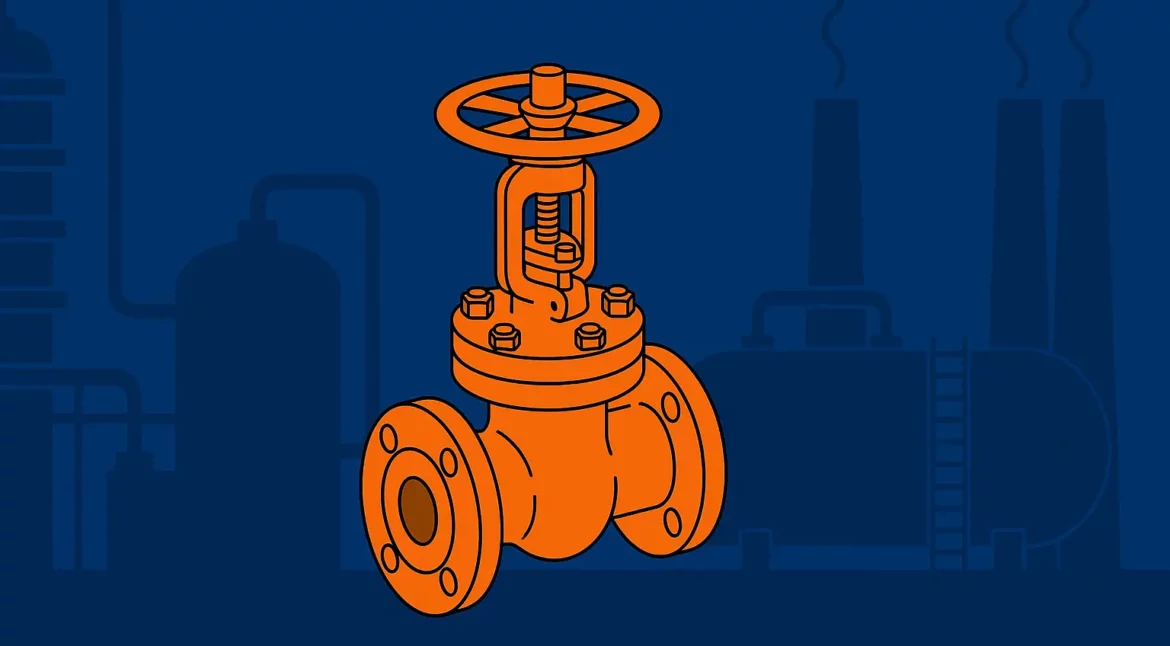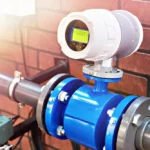In high-pressure environments where safety, durability, and efficiency are non-negotiable, Pressure Seal Gate Valves stand out as the ideal solution. Whether it’s in power plants, oil refineries, or petrochemical industries, these valves offer a robust and leak-proof sealing mechanism, essential for handling high temperatures and pressures. In this blog, we’ll dive into what makes pressure seal gate valves indispensable, explore their working principle, advantages, applications, and why engineers around the world trust them for mission-critical operations.
✅ What is a Pressure Seal Gate Valve?
A Pressure Seal Gate Valve is a type of gate valve specifically designed to withstand high-pressure and high-temperature conditions. Unlike traditional bolted bonnet valves, pressure seal valves use the pressure of the fluid itself to enhance the seal – the higher the internal pressure, the tighter the seal becomes.
The valve body and bonnet are sealed together with a pressure-activated gasket, eliminating the need for multiple bolts and reducing the chance of leakage, especially in extreme service environments.
🔍 How Do Pressure Seal Gate Valves Work?
The core functionality of a gate valve is to allow or prevent the flow of fluid, typically using a gate-like disk that moves up and down. In a pressure seal gate valve, the unique feature is the bonnet seal mechanism:
When the system pressure increases, it pushes the seal ring against the valve body, enhancing the tightness of the seal.
This design reduces the stress on bolts and joints, allowing the valve to handle up to 4500 class pressure ratings effectively.
💡 Key Features and Advantages
Here’s why pressure seal gate valves are preferred in many industrial sectors:
1. High-Pressure Tolerance
They can safely operate under extreme pressures and temperatures without compromising performance.
2. Self-energizing Seal
The seal becomes more effective as the system pressure increases – a unique advantage over conventional gate valves.
3. Compact and Lightweight
Compared to bolted bonnet valves, pressure seal gate valves are more compact, which makes them ideal for space-constrained systems.
4. Low Maintenance
Fewer parts and a self-tightening seal mechanism reduce the risk of leaks, minimizing downtime and maintenance costs.
5. Long Operational Life
Made from corrosion-resistant alloys and designed for heavy-duty use, these valves have a long service life in demanding environments.
🏭 Applications of Pressure Seal Gate Valves
Due to their strength and reliability, these valves are widely used in:
Power Generation Plants (especially nuclear and thermal)
Oil and Gas Refineries
Chemical and Petrochemical Industries
High-pressure Steam Systems
Boiler Feed Water Systems
Industrial Process Lines
If your operation involves high-pressure steam, hot water, hydrocarbons, or corrosive chemicals, pressure seal gate valves are a must-have.
⚙️ Choosing the Right Pressure Seal Gate Valve
When selecting a pressure seal gate valve for your application, consider:
Pressure Rating (Class 900 to Class 4500)
Material of Construction (Carbon Steel, Stainless Steel, Alloy Steel)
Temperature Range
Size and Flow Requirements
Compliance with Standards (ASME, API, DIN, etc.)
It’s essential to partner with a reliable supplier who understands the technical requirements and offers valves tested to global standards.
🌟 Why Buy From Shrirang Sales Corporation?
At Shrirang Sales Corporation, we bring you high-quality Pressure Seal Gate Valves sourced from reputed global manufacturers. With decades of experience in the valve industry, we understand your unique industrial challenges and offer:
✅ Trusted Brands with proven track records
✅ Wide Range of sizes, materials, and pressure classes
✅ Technical Support to help you choose the right valve
✅ Pan India Delivery with quick turnaround
✅ Competitive Prices without compromising on quality




